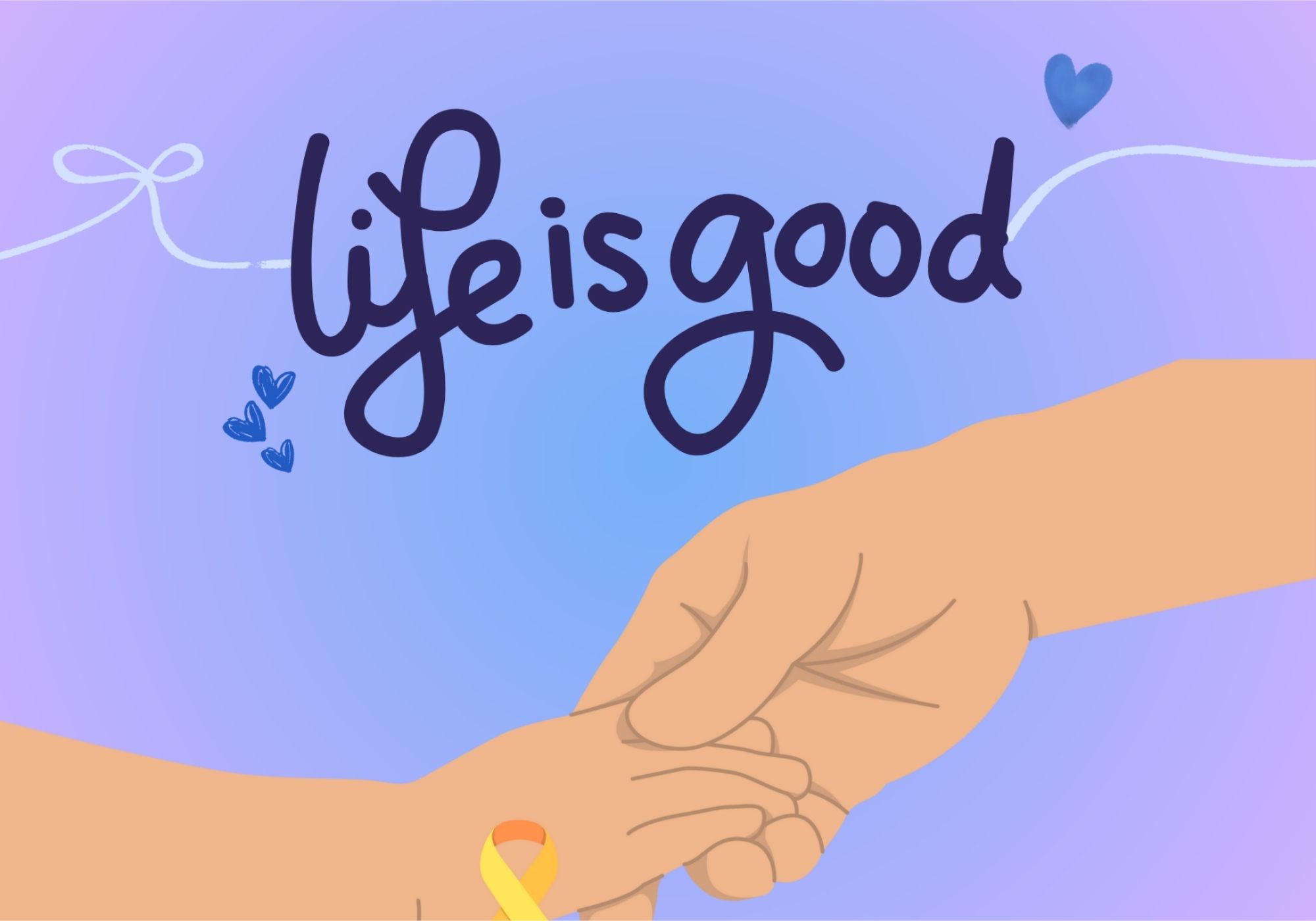Learn about the silent nature of suicide, its impact on families, and ways to prevent it.
What does “Suicide is silent” mean?
Suicide often occurs in secrecy, hidden within a person’s heart. As Albert Camus said, “Suicide is prepared within the silence of the heart.” Many deaths by suicide go unnoticed by the wider world, even though the pain is devastating for families and friends.
High-profile cases like Kate Spade and Anthony Bourdain attracted global attention, yet thousands of others die in silence each week.
Impact on loved ones
Suicide leaves deep, lasting wounds for family members and friends:
Intense grief and emotional trauma
A sense of guilt or helplessness
Stigma and social misunderstanding
Long-term psychological scars
No death affects families as profoundly as suicide, often leaving hearts that never fully heal.
Why Suicide is hard to prevent
Because suicide is planned in secrecy, it is difficult to detect or prevent. Awareness, vigilance, and open communication are essential in identifying those at risk.
How to help and prevent Suicide
Listen and communicate: Encourage open conversations about feelings.
Recognize warning signs: Withdrawal, hopelessness, talk of self-harm.
Seek professional help: Therapists, counselors, and support groups can intervene.
Provide support networks: Friends, family, and community engagement reduce isolation.
Promote mental health awareness: Reduce stigma and educate about resources.
Remember: preventing suicide is not only about saving lives but also about protecting loved ones from lifelong grief and trauma.



